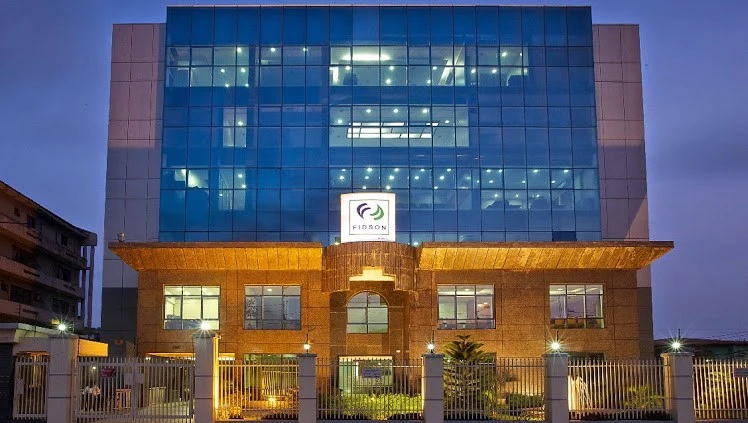

The Nigerian Political Science Association, NPSA, has expressed concern about the drift towards a one-party state in Nigeria.
President of the association, Professor Hassan Saliu, in a strong-worded statement in Ilorin on Monday, lamented that the trend of defections has underlying causes, and it is natural for Nigerians to be concerned about the development.
He argued that while Nigeria is not yet a one-party state in the classical sense, with all the necessary legislative and institutional trappings, the trend is concerning.
According to the chairman, “the country’s political parties have functioned mainly as vehicles for accessing power rather than as platforms for ideological debate and civic engagement. This development has encouraged dictatorial tendencies and undemocratic behaviour, which are antithetical to the standard notion of political parties.
“It is accurate to say that many of the problems plaguing Nigeria’s democracy are rooted in the undemocratic nature of its political parties. These parties often prioritise power over principles, contributing to the country’s democratic challenges.
“Therefore, one is not surprised that members of these unenviable parties often find it convenient to defect from one party to another for selfish reasons and security over past infractions. Some have even added the ruling party’s lack of tolerance towards minority parties and the absence of popular participation in the parties’ affairs as other possible causes.
“If this last point were not to be the case, the factor of their members under an ideal situation would have acted as a check on the depressing wave of defections witnessed.
“In a situation where the parties do not have the number of members they claim to have and are too identical in outlook, the recourse to shifting political alliances would be predictable. Specifically, on the issues of defections and the danger of moving towards a one-party state, we argue that despite Nigerians’ constitutional right to associate with any group, the factors driving defections in Nigeria are unnatural. Some elements of subterfuge are involved, which is why we are concerned.”
Prof Saliu further submitted that the public space is speculative about why politicians flock to the ruling party, particularly in light of a former APC chairman’s statement that a politician’s sins shall be pardoned once they cross over to the party.
“This situation suggests that some individuals with questionable pasts defect in order for their sins to be pardoned. There are others who desire to share in the national cake by flocking to the ruling party where they assume things are happening. One cannot also ignore the angle of those who crave patronage and public offices in jumping political ship.
“We respect citizens’ rights, including politicians’, to shift their political allegiance. However, the scale and nature of these defections warrant scrutiny. Undoubtedly, the recourse to defections driven by material considerations does more harm than good to Nigeria’s democracy,” he said.
He listed some potential consequences, including sliding towards a one-party state, which could shrink the democratic space, abridge Nigerians’ democratic rights, and dampen their enthusiasm for democracy, among others.
To check the growing trend of defections and its potential consequences, the association recommends, among other things, returning political parties to the people, considering public funding for parties and promoting membership dues payment, rediscovering ideological differences, and encouraging Nigerians to become more involved in politics.
Political Science Association worries about Nigeria’s drift towards one-party state



